Kyiv’s forces have made gains on the front line in the southeast of the country, according to the Ukrainian military, a rare success as the slow-moving counteroffensive against well-defended Russian troops grinds on.
The breakthrough, if it holds, would be a vindication for Ukraine, which has endured growing criticism from some of its closest partners about the way it is managing the war.
Ukrainian soldiers had “achieved milestones” near several villages including Novoprokopivka and Verbove — both in Russian-controlled territory — military spokesman Andriy Kovalyov said in a Telegram post Wednesday.
“They were successful,” he said. “They are entrenched at the reached boundaries.”
Kovalyov did not elaborate on how much ground his country’s forces had taken, but video circulated online this week and geolocated by NBC News appeared to show Ukrainian forces fighting near Verbove, a village just over the front line.
U.S. defense officials told NBC News that while it’s true the Ukrainians had breached Russian defenses the advances are more of symbolic value than a big operational development. The breakthroughs are in a very small area and the Ukrainians have not moved personnel or vehicles through, they said.
The officials said that of the three lines of Russian defenses, the Ukrainians have pushed through the first line, which is mainly minefields and, in one place, they have punctured the second line, which is made of physical barriers like “dragon’s teeth.” They known face the third and toughest line of Russian defenses, which includes trenches.
Kovalyov’s statement came after several open-source intelligence analysts said on social media that Ukrainian troops had breached Russian defensive lines in the area.
“Ukraine has breached the first Russian main defensive line, known as the Surovikin line, in the direction of Verbove,” Emil Kastehelmi wrote on X, formerly known as Twitter, adding that the village was “integrated to the Russian defenses.”
Others posted maps that appeared to show an apparent breakthrough, which was later reported by The Wall Street Journal.
NBC News has contacted the Russian Defense Ministry for comment.
However, Michael Horowitz, an analyst who is the head of intelligence at Le Beck International, a security and risk management consultancy, was more cautious.
“From the footage we’ve seen coming out of the fighting, it does seem that Ukrainian forces have at least reached one of the main lines of defenses built by Russia under General (Sergei) Surovikin,” he wrote in an email Thursday, referring to the former commander of Russian forces in Ukraine. He added that it was a “network of anti-tank ditches, mines and trenches.”
“I haven’t seen evidence that Ukrainian forces were able to breach this line so far, but they are certainly trying to punch through, and close enough that we may not yet know if they did,” he said. “They’ve been gaining momentum over the past two weeks, after relatively slow advances initially, so this is certainly an important moment.”
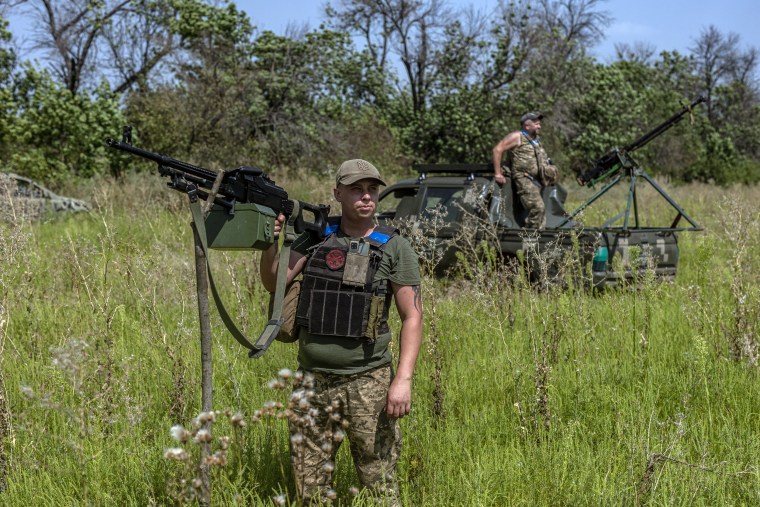
If Ukrainian forces make a breakthrough in this region, “it would allow them to split the Russians into two and peg them to the east and west,” Phillips O’Brien, a professor of strategic studies at the University of St. Andrews in Scotland said in a telephone interview Thursday.
“So they would basically be split and not self-supporting or mutually supporting,” he said. As a result, he said, it would be hard to see how the Russian forces to the west would be able to remain in Ukraine.
“Everything would have come up through Crimea, the Ukrainians would be closer to Crimea and it would pose a massive problem” for the Russian forces, O’Brien added.
However, he cautioned that because Crimea was the natural place for Ukrainian forces to aim at, the Russian forces “were expecting them, so they have built a lot of defensive lines.”
Horowitz agreed that a breakthrough in the region “would raise questions as to the viability of the Russian presence in the south, with Ukrainian forces being able to block key roads and railroads either directly or by regularly targeting them.”
He said this was the strategy Ukraine employed around the key southern city of Kherson late last year, “forcing the increasingly isolated Russian contingent in Kherson city and the nearby region to eventually withdraw.”
If Ukraine was able to break through, it would be “a vindication” of its strategy” after a “bad period” of criticism about the way it was managing the campaign, O’Brien said.
One U.S. official told NBC News earlier this month that there was frustration that the Ukrainian forces had “not used more of the combat power that they have,” and reports in the United Kingdom suggested there were rumblings in the British Defense Ministry about the slow pace of the counteroffensive.
In a sign of how sensitive Ukraine is to such comments, its foreign minister, Dmytro Kuleba, said Thursday that critics of Kyiv’s tactics should “shut up.”
Speaking to reporters after a meeting of European Union foreign ministers in the Spanish city of Toledo, he said criticizing the slow pace of the counteroffensive was the equivalent of “spitting into the face of (the) Ukrainian soldier who sacrifices his life every day.”
For O’Brien, if the Ukrainian forces did make a breakthrough, “it will be a vindication of what they’ve been doing and why they’ve been doing it.”

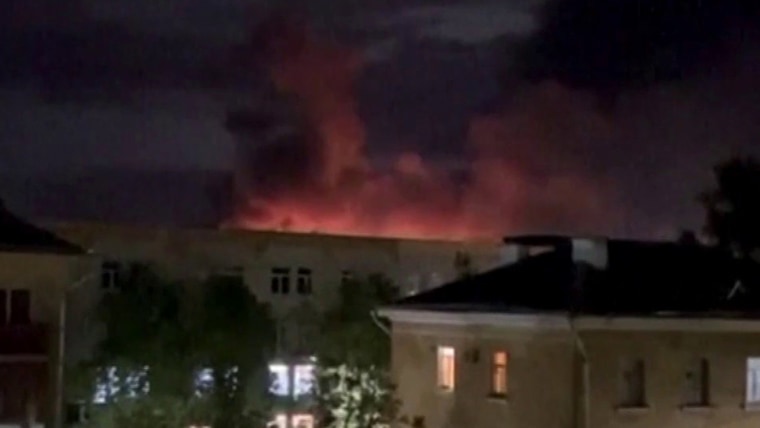
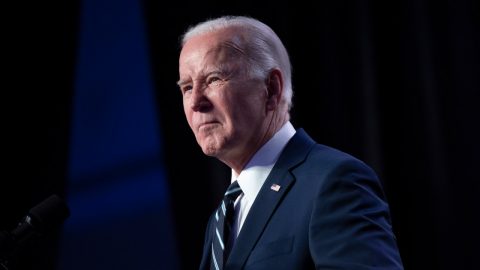
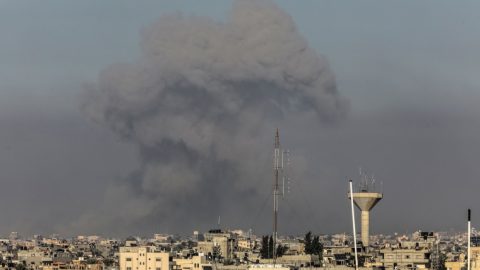

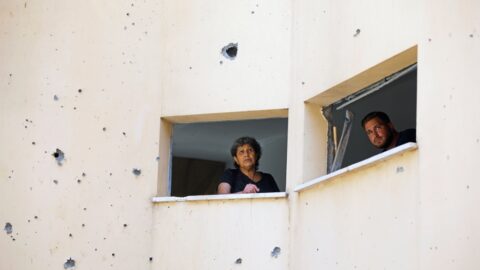

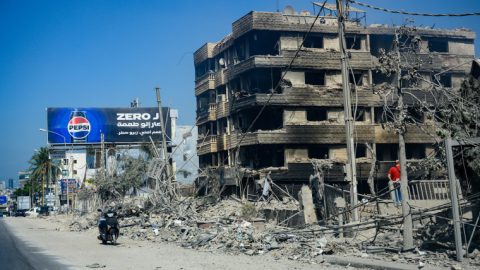


Recent Comments